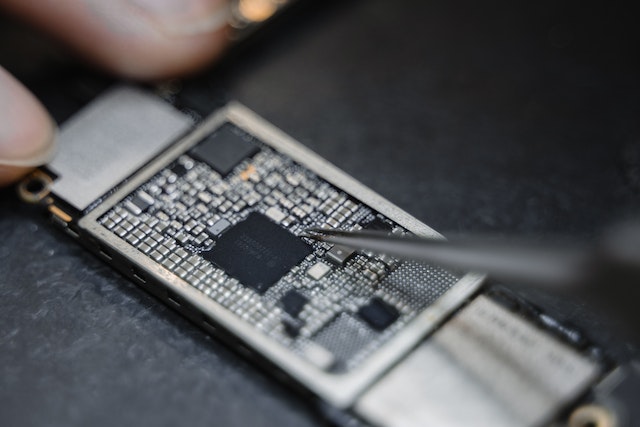Weighing the Pros and Cons: The Advantages and Disadvantages of Organic Semiconductors
Advantages and Disadvantages of Organic Semiconductors
The realm of organic semiconductors is vast and rich, offering a blend of several advantages and inherent challenges. These organic semiconductor materials have reshaped the electronics industry, leading to the development of cutting-edge devices such as organic solar cells, organic light-emitting diodes (OLEDs), and organic field-effect transistors (OFETs). This article will delve into the pros and cons of organic semiconductors, shedding light on their fascinating world.

Advantages of Organic Semiconductors
Flexibility and Mechanical Strength
One of the most significant advantages of organic semiconductors lies in their mechanical flexibility. They can be deposited onto flexible substrates, leading to the creation of bendable and foldable electronic devices. This quality makes them ideal for various applications, including flexible solar cells and displays.

Ease of Fabrication
Another benefit of organic semiconductors is the ease with which they can be fabricated. Most of them can be solution-processed, meaning that they can be applied to substrates using techniques similar to printing, significantly reducing manufacturing costs compared to traditional inorganic semiconductors.
Broad Range of Materials
Organic semiconductors provide a broad range of materials, each with unique electronic and optical properties. They include both small molecules and polymers. This versatility allows the tuning of their properties to suit specific applications, such as biomedical applications and optoelectronic devices.
Disadvantages of Organic Semiconductors
Despite the many advantages, organic semiconductors also face several challenges.
Lower Charge Carrier Mobilities
One of the main disadvantages of organic semiconductors is their relatively lower charge carrier mobilities compared to inorganic semiconductors. This is particularly challenging for high-speed electronics applications, where high mobility is crucial for device performance.
Stability Issues
Stability is another concern with organic semiconductors. They are often sensitive to environmental conditions such as humidity, temperature, and oxygen, which can degrade their performance over time.
Grain Boundaries
In thin films of organic semiconductors, grain boundaries can form, which disrupt the charge transport and affect device performance. These grain boundaries can lead to losses in charge carrier mobility and lower the efficiency of devices based on these materials.
Organic Semiconductors: A Balance of Pros and Cons
In conclusion, while organic semiconductors offer many advantages such as flexibility, ease of fabrication, and a broad range of materials, they also face significant challenges such as lower charge carrier mobilities, stability issues, and the presence of grain boundaries. However, ongoing research and development aim to mitigate these disadvantages, pushing the boundaries of what’s possible with organic electronics. Their potential for use in next-generation electronic devices such as organic transistors, sensors, and optoelectronic devices is enormous, making the exploration of organic semiconductors an exciting field of study.




Comments are closed.